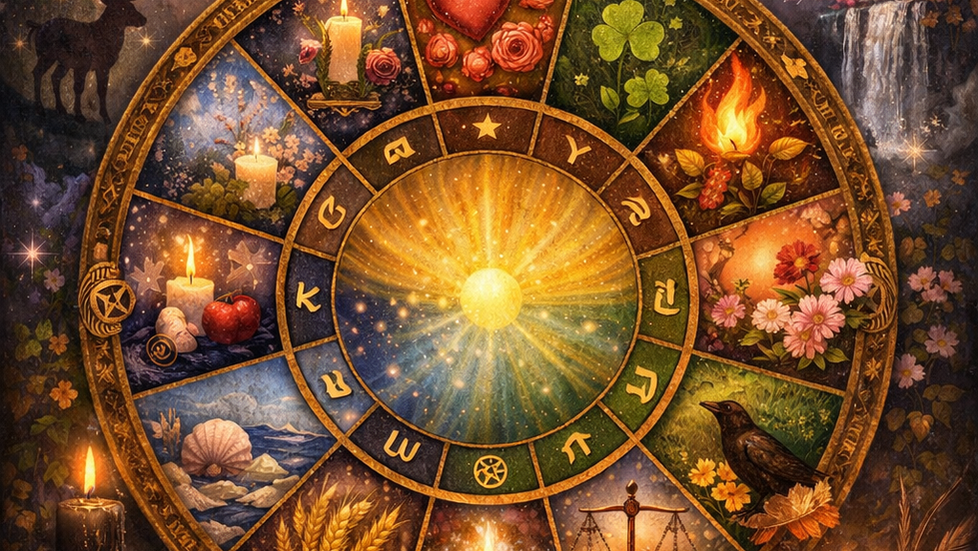
“Emotional Immaturity: How to Spot It, Handle It, and Stay Unbothered” By T’s Wicked Wonders
- T's Wicked Wonders

- May 13, 2025
- 3 min read
Let’s be real.
You’re out here healing, growing, minding your business, drinking your water, and boom—somebody emotionally stuck in 7th grade comes crashing into your peace with drama, blame, or emotional chaos. It’s like they never downloaded the update for adulting.
So let’s talk about it. Emotional immaturity is more common than we like to admit, and learning how to spot it (and protect your energy from it) is a form of self-love. Let’s dive into the signs, what emotionally immature people say, how to handle them with grace and boundaries, and a little wisdom to keep you spiritually strapped.
What Is Emotional Immaturity?
Emotional immaturity is when someone lacks the ability to process emotions in a healthy, responsible, and self-aware way. It doesn’t always mean they’re bad people—it means they haven’t grown up emotionally, and they often project that mess onto others.
These folks may look grown, talk grown, even hold a job or relationship—but emotionally, they’re still coloring outside the lines and blaming everyone else for it.
The Signs of Emotional Immaturity
Here’s how it shows up:
1. Blame Game Champion – They never take accountability. If something goes wrong, it’s always somebody else’s fault.
• “You made me act like this.”
2. Can’t Handle Criticism – Even gentle feedback sets them off.
• “So I’m just a terrible person now, huh?”
3. Avoids Tough Conversations – They shut down, ghost, or explode when asked to talk about feelings or conflict.
4. Super Defensive – Even when no one’s attacking them.
• “I can’t believe you’re bringing this up right now. You always make everything about you.”
5. Poor Emotional Regulation – Tantrums, yelling, passive-aggressive behavior, or full-on silent treatments.
6. Victim Mentality – They live in a constant state of “everyone is out to get me.”
7. Jealous or Competitive – Instead of clapping for others, they get bitter, petty, or insecure.
8. Overly Dependent or Codependent – They expect others to manage their emotional world or save them from their mess.
Common Phrases They Say
These aren’t just red flags—these are stop signs with flashing lights:
• “You’re too sensitive.”
• “I guess I’m just the bad guy then.”
• “I didn’t do anything wrong—you’re just crazy.”
• “Why are you always starting drama?”
• “That’s just how I am—take it or leave it.”
• “You never support me!”
• “Everyone always leaves me. I can’t trust anyone.”
• “You’re lucky I even stayed this long.”
Whew. If you’ve heard one too many of these, I see you.
How to React (Without Losing Yourself)
1. Don’t Engage in the Chaos
Respond, don’t react. Keep your voice calm, your tone neutral, and your energy protected. Emotional immaturity feeds off of reactions. Don’t give it your fire.
2. Set Boundaries Like a Boss
• “I’m not comfortable being spoken to like that.”
• “Let’s talk when we’re both calm.”
• “This isn’t a productive conversation, so I’m stepping away.”
Boundaries aren’t mean. They’re medicine.
3. Don’t Take It Personally
Their inability to regulate their emotions is about them. Not you. Don’t carry someone else’s baggage like it has your name on it.
4. Stay Grounded in Reality
Gaslighting and guilt-tripping are classic tools of emotional immaturity. Keep your receipts (mental or literal), trust your intuition, and stay rooted in truth.
5. Limit or Cut Contact if Needed
Sometimes the healthiest move is distance. Loving someone doesn’t mean tolerating their dysfunction.
Things Emotionally Mature People Do Instead
So you know what it should look like:
• Own their mistakes
• Apologize sincerely
• Communicate directly
• Self-reflect regularly
• Regulate their emotions
• Make space for others’ feelings
• Choose peace over pride
If you’ve got people like that in your life—cherish them. That’s grown energy.
Healing Tip: Check Yourself, Too
Real talk—emotional immaturity can live in us too, especially if we weren’t taught emotional literacy or healthy coping mechanisms. If you see yourself in some of these behaviors, don’t spiral. Breathe, reflect, and commit to growing.
Ask:
• “Where did I learn this behavior?”
• “What’s underneath my reaction?”
• “How can I respond differently next time?”
That’s emotional maturity right there.
Final Wisdom: Don’t Let Their Immaturity Infect Your Peace
You are not responsible for fixing, saving, or tolerating someone else’s emotional mess. You’re allowed to protect your peace. You’re allowed to walk away. You’re allowed to grow even when others don’t.
Emotional immaturity may be loud, but peace? Peace is louder—in the long run.
So stay grounded, stay wise, and if you have to deal with emotionally immature people, let your boundaries speak louder than your frustration.
Need support?
Check out our healing circles, workshops, or coaching services at www.tswickedwonders.com.
Let’s build a community of emotional grown-ups—one boundary at a time.












Comments